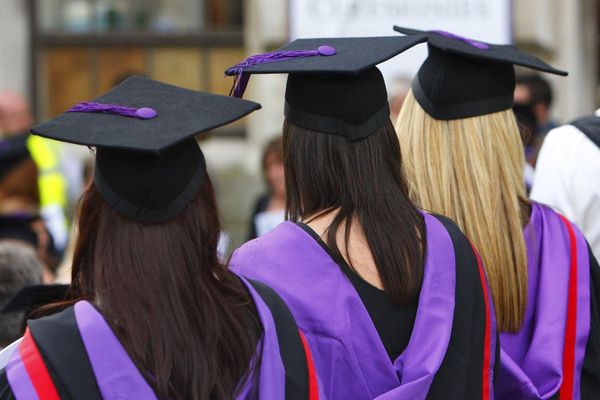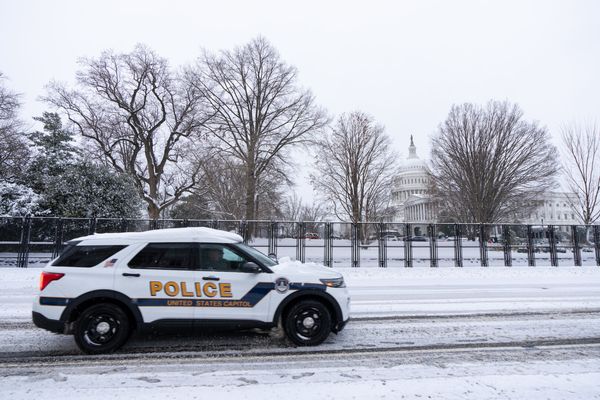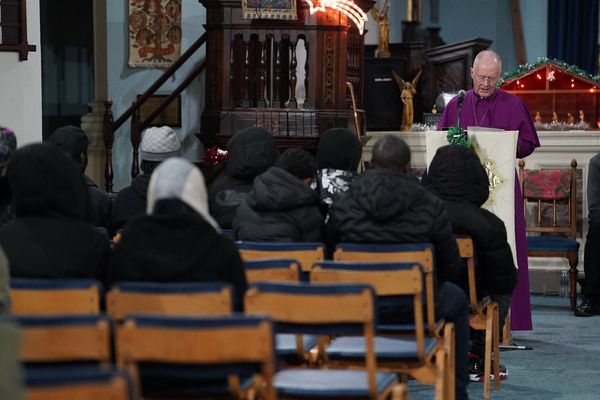OTTAWA — Supporters of Hassan Diab are urging the Trudeau government to rebuff any new extradition request from France now that there is a date for the Ottawa sociology professor's terrorism trial.
Diab, 68, is slated to face trial in France in April next year for a 1980 Paris bombing, even though he was freed from French custody four years ago.
Born in Lebanon, Diab became a Canadian citizen in 1993, working in Ottawa as a university teacher.
The RCMP arrested him in November 2008 in response to a request by France.
French authorities suspect he was involved in the attack on a Paris synagogue that killed four people and injured dozens of others, an accusation he has always denied.
Following lengthy proceedings that went all the way to the Supreme Court of Canada, Diab was extradited to France where he spent three years behind bars, including time in solitary confinement.
In January 2018, French judges dismissed the allegations against him and ordered his immediate release, allowing him to return to Ottawa where he lives with his wife and children.
Last May a French court upheld a decision directing Diab to stand trial, a ruling his lawyer, Donald Bayne, called inexplicable.
Diab's supporters have long argued he was in Beirut writing university exams — not Paris — when the attack took place. They say fingerprint, palm print and handwriting evidence clears Diab of the crime.
The case against Diab is anchored in secret, unsourced intelligence that may be the product of torture — extremely problematic information that remains in the French dossier, his supporters say.
It is time for Prime Minister Justin Trudeau and Justice Minister David Lametti to make it categorically clear "that Canada will in no way participate in this cruel and misguided charade," said Alex Neve, former secretary-general of Amnesty International Canada.
"Canada must at a minimum convey to French authorities that a second request for Dr. Diab's extradition would be refused. And, ideally, Canada should go further and urge that the charges against Dr. Diab be withdrawn and the case dropped so that this trial quite simply never happens," Neve told a news conference Tuesday.
Diab's support committee says he is unlikely to receive fair treatment from the French court.
"A trial based on secret intelligence, spurious evidence and multiple flaws is contrary to fundamental justice," the committee said in a case summary Tuesday. "It is a recipe for wrongful conviction."
It would be inappropriate to speculate on any potential requests for extradition for Diab to France, said Chantalle Aubertin, press secretary for Lametti.
"Canada is a rule-of-law country where extraditions are guided by the Extradition Act, international treaties and the Canadian Charter of Rights and Freedoms.”
In a report last fall, legal and human rights experts said Canada's extradition laws need a thorough overhaul to ensure fairness, transparency, and a balance between administrative efficiency and constitutional protections.
The recommendations for change emerged from the Halifax Colloquium on Extradition Law Reform at Dalhousie University, which brought together academics, defence counsel and human rights organizations.
There must be parliamentary scrutiny of the Extradition Act and the policies and practices of Justice Canada, Dalhousie law professor Rob Currie said during the news conference Tuesday.
"It feels like it's going to be a marathon rather than a sprint, in terms of getting the decision-makers interested."
This report by The Canadian Press was first published Jan. 25, 2022.
Jim Bronskill, The Canadian Press







